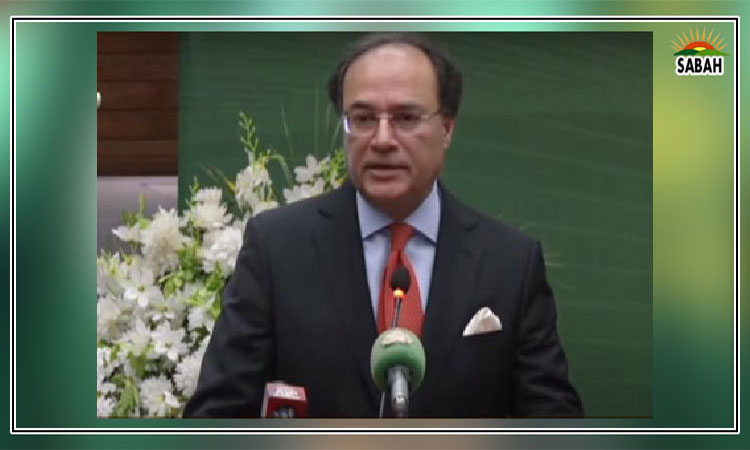Civil society demand ban on sale of e-cigarettes should be stretched nationwide
ISLAMABAD, Jan 19 (SABAH): In light of the success of Khyber Pakhtunkhwa’s initiative, there is now a growing call for a nationwide ban on the sale of e-cigarettes to minors across Pakistan. Advocates argue that a comprehensive, uniform prohibition is essential to effectively protect the health and well-being of the country’s youth.
In a groundbreaking move aimed at safeguarding the health of the nation’s youth, Khyber Pakhtunkhwa (KP) province has taken the lead by imposing a ban on the sale of electronic cigarettes (e-cigarettes) to minors. This proactive measure underscores the provincial government’s commitment to protecting the well-being of its younger population and addressing the escalating concerns associated with the rising use of e-cigarettes.
The decision to restrict the sale of e-cigarettes to minors is a pivotal step in curbing the alarming trend of e-cigarette consumption among youngsters. The province recognizes the potential health risks posed by these devices and aims to mitigate their impact on public health. The move aligns with global efforts to address the challenges posed by emerging tobacco and nicotine products, especially among vulnerable age groups.
The prevalence of e-cigarettes, often marketed with enticing flavors and sleek designs, has raised serious concerns among health professionals and policymakers. The detrimental effects of e-cigarette use on respiratory health and the potential gateway it poses to traditional tobacco consumption have prompted the KP government to take decisive action.
Project Coordinator Coalition for Tobacco Control Pakistan (CTC-Pak), Zeeshan Danish, stated that the decision to ban the sale of e-cigarettes to minors in Khyber Pakhtunkhwa is a critical step in our commitment to public health. We believe that this initiative should serve as a catalyst for a broader, nationwide ban to address the increasing threat posed by e-cigarettes to the younger generation.
Public health experts emphasize that a coordinated effort at the national level is necessary to combat the pervasive influence of e-cigarettes on the youth. A consistent regulatory framework would not only discourage the use of these products but also strengthen public health campaigns to raise awareness about the associated risks.
Tobacco control advocates at Islamabad urges other provinces and the federal government to follow suit in implementing a ban on the sale of e-cigarettes to minors. By doing so, Pakistan can demonstrate its commitment to safeguarding the health of its citizens and establishing a unified stance against the growing public health challenges posed by e-cigarette usage.












